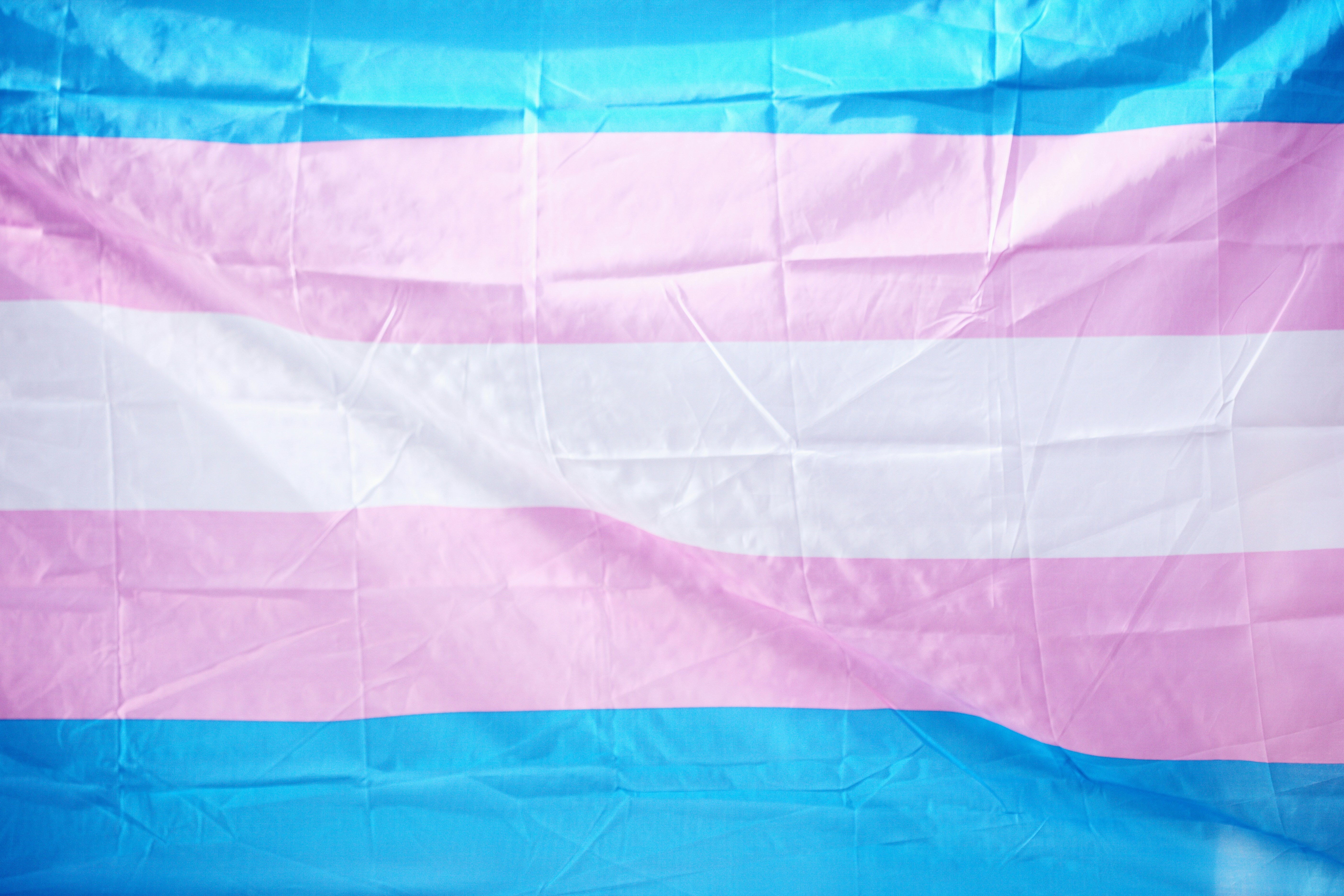Media release
From:
We believe that research into the risk of eating disorders in transgender youth and its association with unmet needs for gender-affirming hormone therapy is crucial for multiple reasons, especially in the current geopolitical climate. Transgender and gender-diverse (TGD) adolescents are at a higher risk of developing eating disorders compared with their cisgender peers. This increased risk is often linked to the chronic stress and minority stress they experience due to societal stigma and
discrimination. Moreover, many TGD individuals experience gender dysphoria, which can lead to disordered eating behaviours as a way to alter their body to better align with their gender identity. For example, some may restrict food intake to achieve a more androgynous appearance. Also, access to gender-affirming hormone therapy (GAHT) can significantly reduce the distress associated with gender dysphoria. When TGD youth do not have access to GAHT, they may turn to harmful behaviours, including disordered eating, as a coping mechanism. However, many studies suffer from methodological weaknesses, and we found no Aotearoa New Zealand-specific empirical evidence for transgender youth. This study is squarely designed to provide such evidence. Using the Counting Ourselves survey (https://countingourselves.nz/), this study includes 1,401 participants aged 14–24 years. We present rates and factors associated with eating disorder risk in transgender youth. We also report on the association between eating disorder risk and unmet need for GAHT in transgender youth. We assert that research in this area can inform policies and advocacy efforts to ensure that TGD youth have access to comprehensive healthcare, including mental health support and gender-affirming treatments. This can help reduce the barriers they face and promote overall wellbeing.



 Australia; New Zealand; QLD
Australia; New Zealand; QLD


